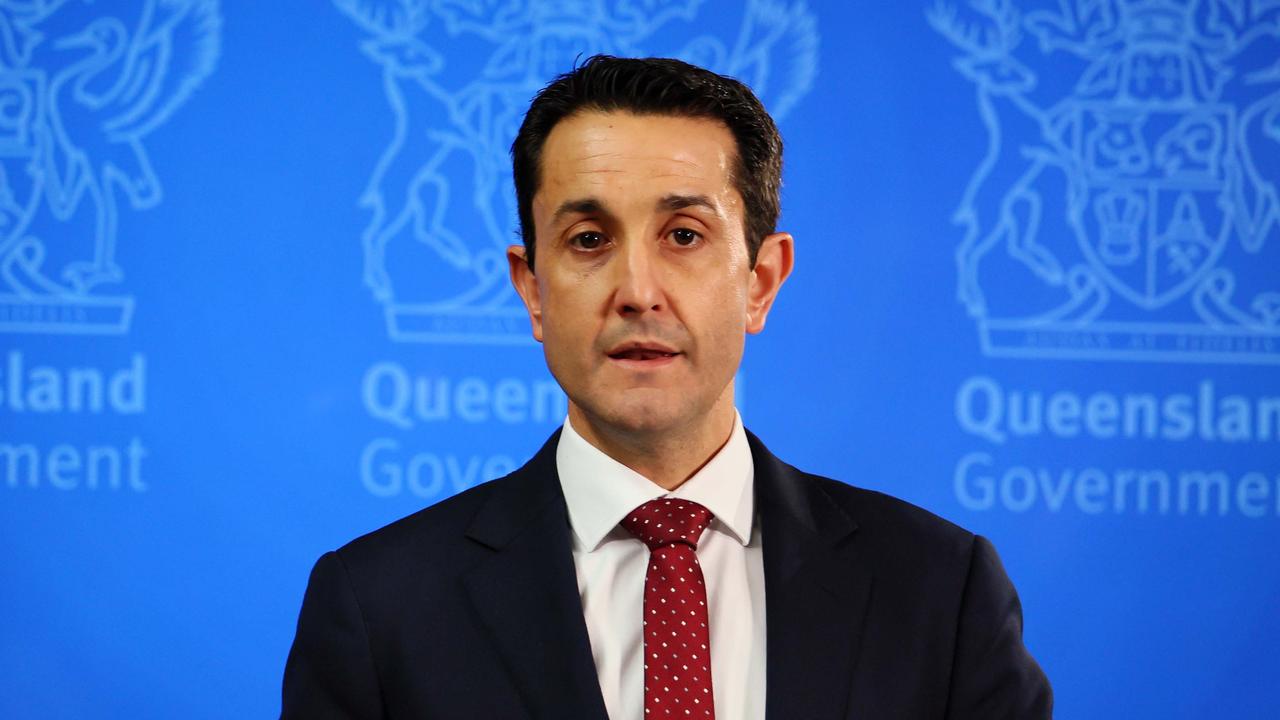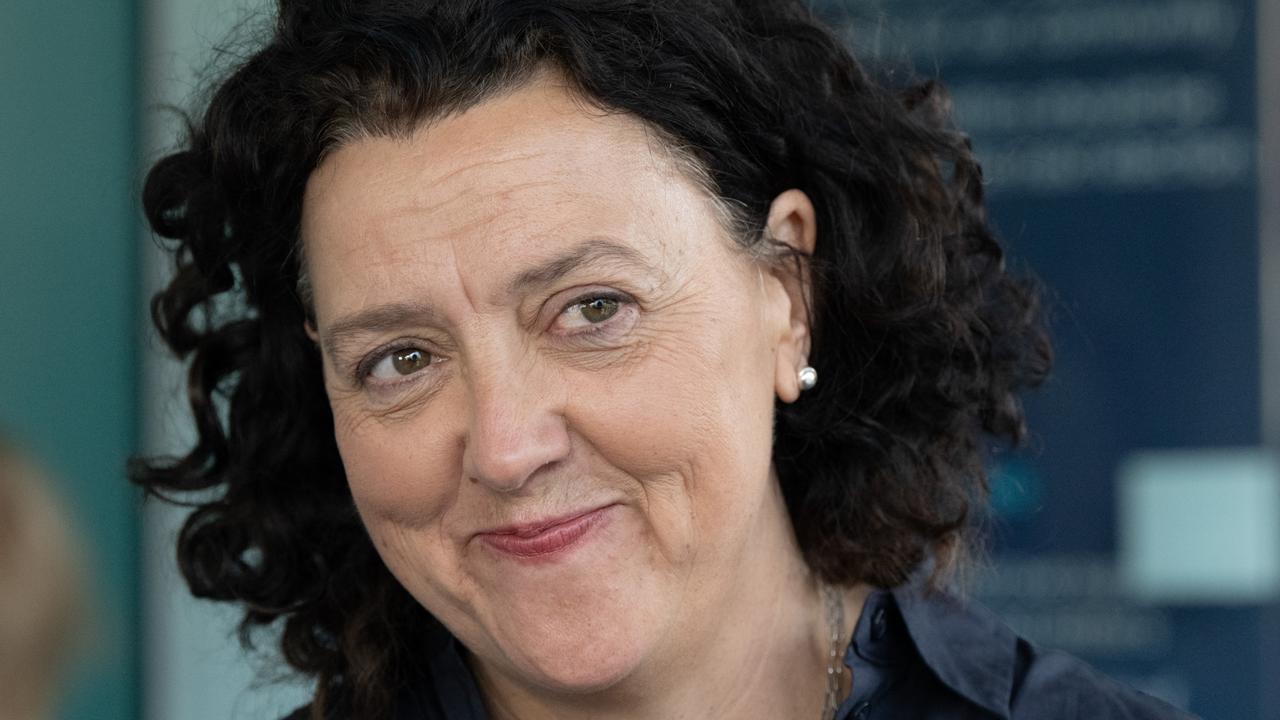Rhoda Roberts: ‘Shared history’ highlights how deeply connected communities are
In the 21st century, the question of what it means to be a First Nations person in Australia remains a critical one, writes Rhoda Roberts.
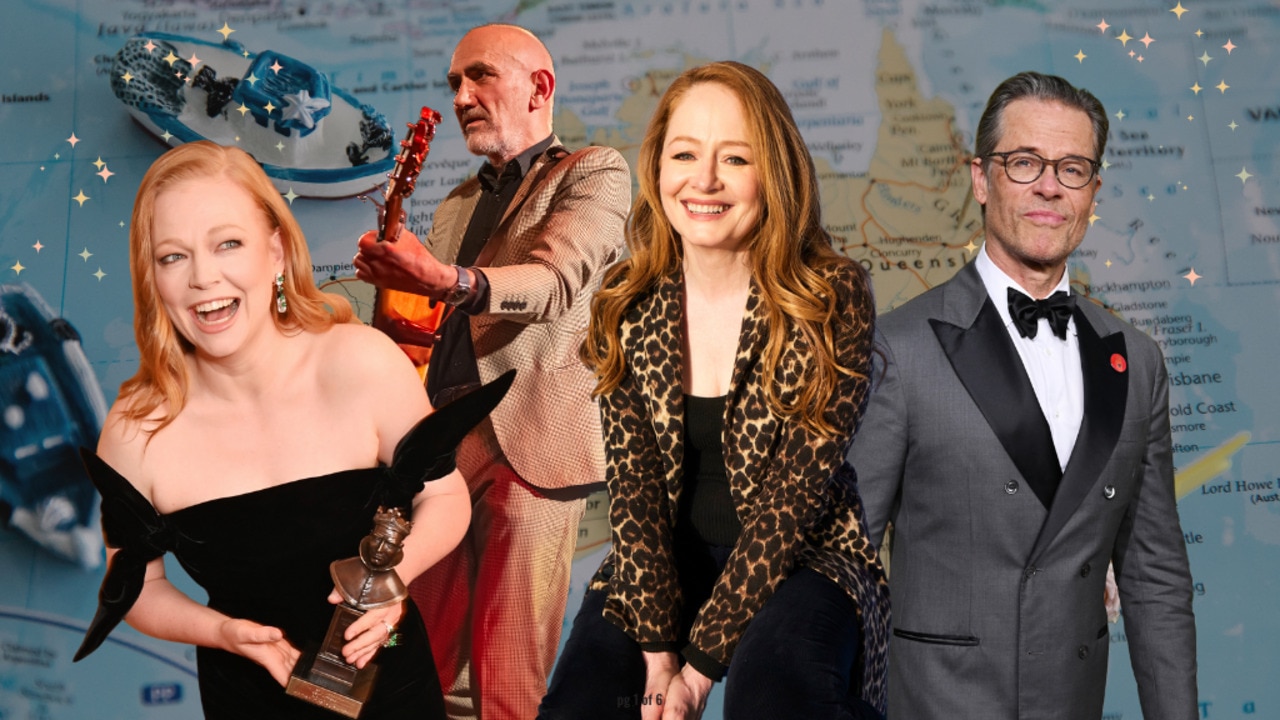
National
Don't miss out on the headlines from National. Followed categories will be added to My News.
The concept of a “shared history” is central to understanding the complex relationship between Australia’s First Nations peoples and Australia’s broader national identify.
For more than 3000 generations, my father’s family, the Widjabul Wiyabul people, have maintained a deep connection to their homelands in Northern NSW and Southeast Queensland, a region teeming with biodiversity.
This land, revered by many as “God’s country”, has seen dramatic shifts since European arrivals. The volcanic soils were disturbed to build villages and the staging post on the Lismore Bangalow road became Clunes, gaining the title of “The Holy City” due to the proliferation of churches.
Over time, environmental and cultural changes have been introduced, as well as countercultures, which have altered the landscape and given rise to new values and
practices.
Today, some regard living on Bundjalung lands as simply reaching nirvana.
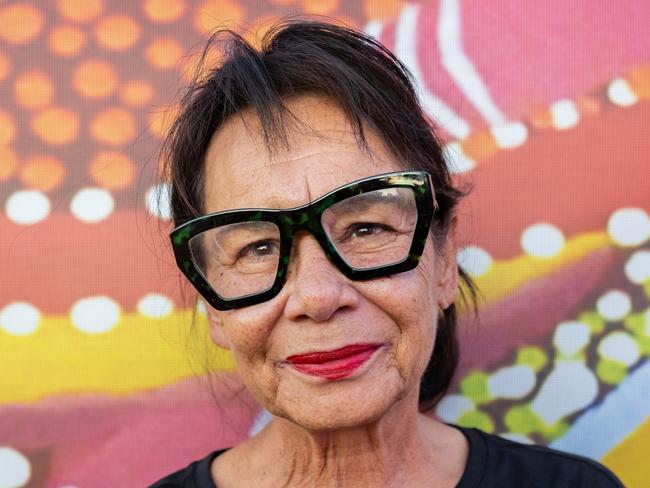
As the Australian political landscape has evolved, Indigenous peoples have eventually been classified as citizens, but this legal recognition has often lacked true respect for their cultural identity, language, religious beliefs, and the deep ties that have existed for millennia.
My maternal grandfather’s family, who had come from County Tyrone in Ireland after the Great Famine, also settled in Clunes in the 1860s, unknowingly intertwining their story with my father’s people. Both families witnessed the clearing of rainforests and cedar trees, which significantly impacted local Indigenous communities and the developing dairy industry.
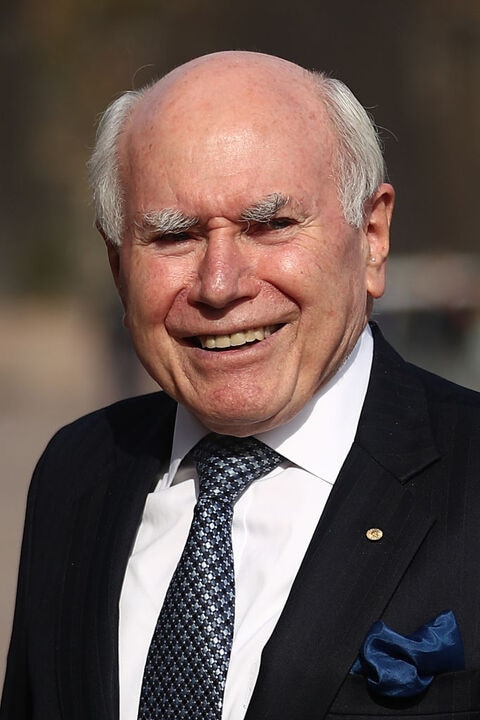
This shared history, although shaped by different cultural forces, highlights how deeply connected these communities were, with their fates intertwined in ways often overlooked.
My great-grandfather, Lyle Roberts Senior, the last initiated man of the Bundjalung Nation, passed down three essential principles to his descendants: retain pride in one’s race and colour, preserve identity and language, and foster inclusivity and kindness.
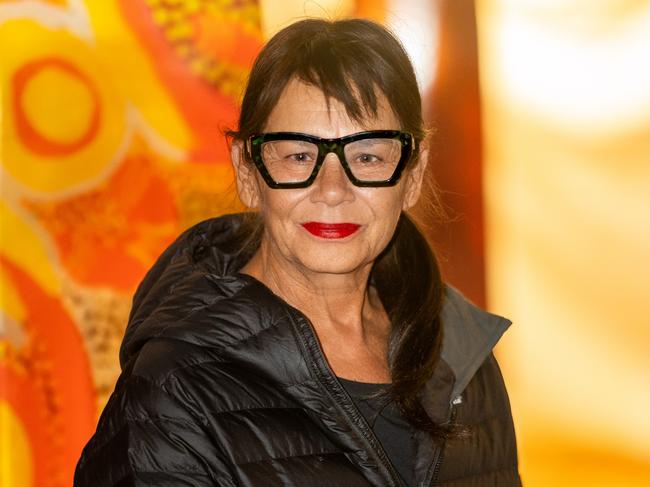
These guiding values, rooted in the ancient kinship systems and generosity of our people, were intended to create a society grounded in respect and unity. While he was optimistic that the values of freedom, fairness, and equality espoused by the Australian government would one day be realised, the reality for many First Nations peoples remains far from this ideal.
In the 21st century, the question of what it means to be an Aboriginal person in Australia remains a critical one.
For me, being Australian means honouring my Widjabul Wiyabul birthright and continuing the spiritual practices passed down by my ancestors.
While we are a country that allows religious freedoms, there is still resistance by many who have occupied our territories to First Nations peoples continuing our specific practices. Acknowledging the land, the people and the seasons through our rituals is an expression of that freedom to practice our beliefs without restriction.
While some may not fully appreciate this protocol, I continue to do so to honour the continuity of my forefathers’ traditions. As the stewards of this land, their legacy is for future generations, and we must ensure our unique heritage remains a vital part of Australia’s national identity.
Rhoda Roberts is the creative director of the Parrtjima Festival.
More Coverage
Originally published as Rhoda Roberts: ‘Shared history’ highlights how deeply connected communities are



